Question And Answer
Publications
Articles, publications, books, tools and multimedia features from the U.S. Institute of Peace provide the latest news, analysis, research findings, practitioner guides and reports, all related to the conflict zones and issues that are at the center of the Institute’s work to prevent and reduce violent conflict.
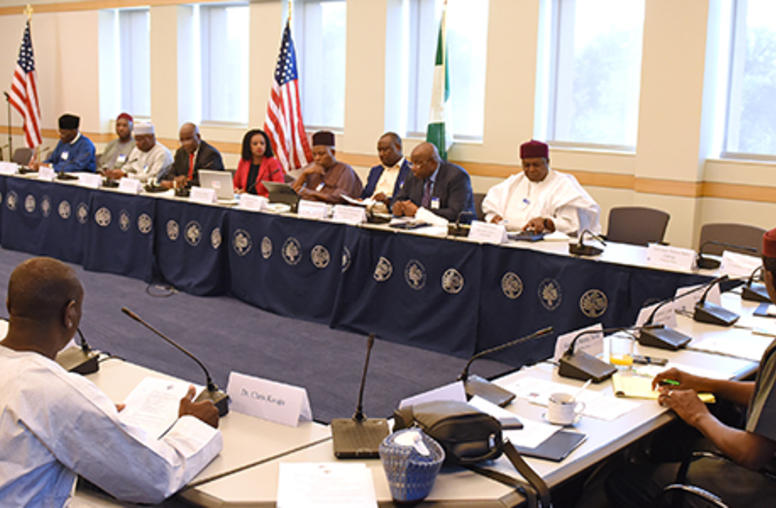
Nigerian Governors on Ways to Halt Crises, Boko Haram
A dozen governors from northern Nigeria say their region’s crises—warfare, poverty and millions of uprooted people—can be ended only with initiatives for education, reconciliation among rival groups, and the political inclusion of minorities and women. As Nigeria works to repair and build relations between police and communities, several governors said, the country’s federally run police system should be complemented with state or local police forces. The elected state governors, who wield im...

Experts Survey U.S.-Pakistan Ties Under President Trump
As the United States prepares for a transition to a President Donald Trump administration, what might be the future of America’s relationship with Pakistan? U.S.-Pakistani relations got little attention in the U.S. presidential election campaign, but four former senior U.S. and Pakistani officials offered what they said were likely scenarios November 16 in a forum at USIP. All four acknowledged past tensions in the relationship. Looking ahead, they cautioned against any deep rupture. “For the...
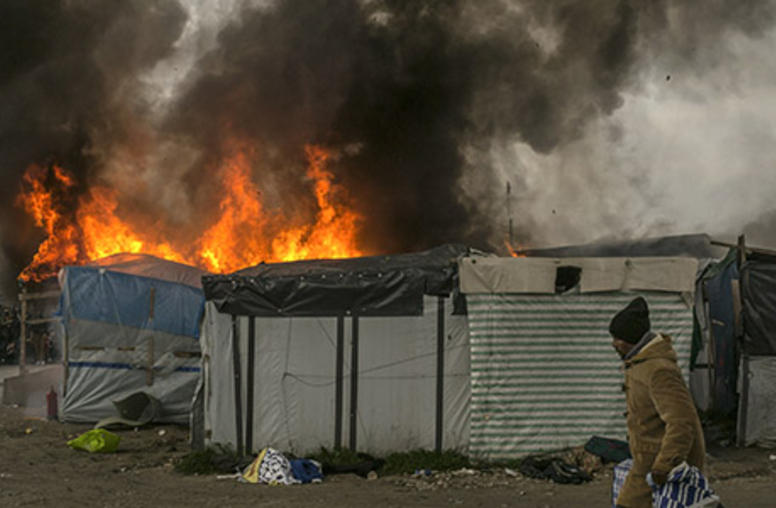
World Bank Seeks Crisis Flexibility for Long-Term Impact
The World Bank Group generally reserves its cheapest loans for the world’s poorest countries. But as protracted conflicts have swelled the number of global refugees, the bank in September unveiled a new, more flexible crisis program that allows, for example, middle-income Jordan and Lebanon, both inundated with uprooted Syrians, to borrow on the bank’s most favorable terms. The shift reflects a growing consensus that traditional distinctions among relief, reconstruction and development work a...
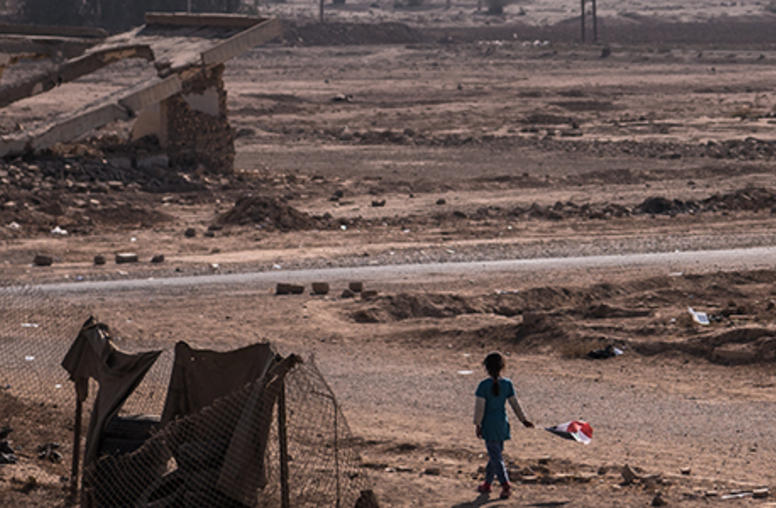
From ISIS to Al-Qaida: The Changing Extremist Threat
The Islamic State may be crumbling across Iraq, but the future prospects of violent extremist groups are far from fading. While ISIS rampaged across Iraq and Syria in 2014, setting up a terror-based regime to impose its will, a revitalized al-Qaida was taking a different, more sustainable approach by grafting itself onto local extremist groups, experts said in a forum at the U.S. Institute of Peace that also examined community approaches to preventing and countering violent extremism. Al-Qaid...
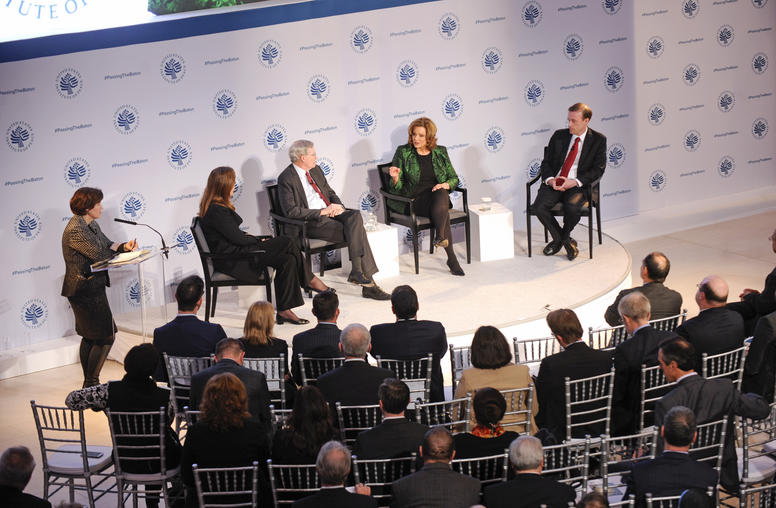
Trump & Obama Aides, Experts Weigh America’s Global Role
Seven weeks past an election that stirred talk of U.S. isolationism, national security aides from the incoming, outgoing and previous administrations held private discussions January 9 that found a broad point of consensus: The United States must lead more, not less, in the world. The meetings, among more than 80 past, present and future officials and independent foreign policy analysts, opened a bi-partisan conference on national security issues convened by the U.S. Institute of Peace (USIP)...
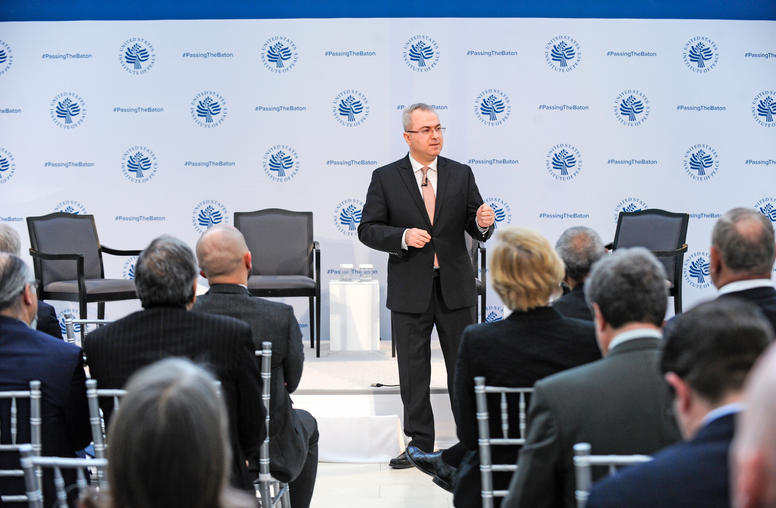
Cooling Iraq’s Conflict With Community Dialogue
The violence of extremists—and the chaos they spawn—takes place in towns, villages, streets and homes, not along some far-off front line. That’s where extremist groups seek recruits and where residents they victimize plot revenge, said the U.S. Institute of Peace’s Sarhang Hamasaeed in a Ted Talk-style presentation during the Jan. 10 “Passing the Baton” conference. While national and international efforts to bring peace to such areas can help, dialogue and mediation at the community level has...

Ten Years After the Mayhem in Mumbai, is South Asia any Safer?
Moeed Yusuf discusses the impact of the November 2008 terror attacks in Mumbai, India, on the India-Pakistan relationship, crisis management in South Asia and the future of terrorism in the region.
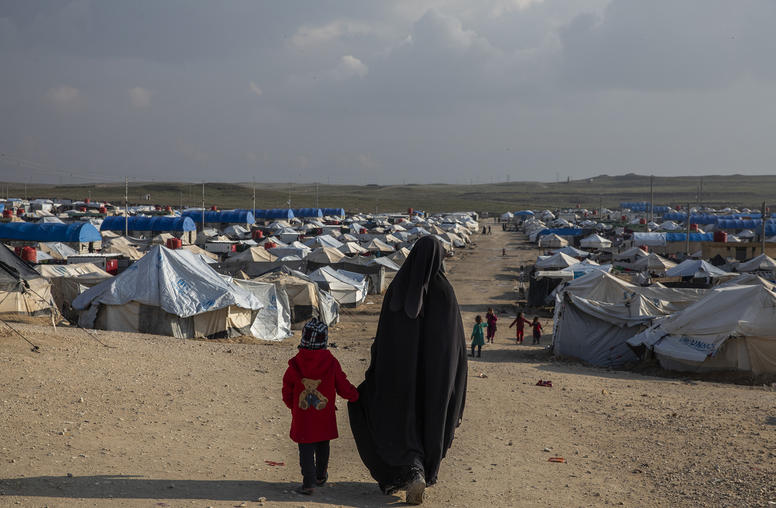
ISIS Returnees: Can Ex-Fighters Be Rehabilitated?
As the last pockets of the Islamic State’s “caliphate” collapse this month, nations far from the battlefield face an increasingly urgent challenge: How to reintegrate the group’s former militants as they come home and seek to disengage from extremist violence. For the officials in charge of the process, it’s an undertaking fraught with uncertainty whose failure could mean continued recruitment or even terrorism on their streets.

What Can Make Displaced People More Vulnerable to Extremism?
As the international community works to prevent new generations of radicalization in war-torn regions, debate focuses often on the problem of people uprooted from their homes—a population that has reached a record high of 68.5 million people. Public discussion in Europe, the United States and elsewhere includes the notion that displaced peoples are at high risk of being radicalized by extremist groups such as ISIS. Scholars and peacebuilding practitioners have rightly warned against such generalizations, underscoring the need to learn which situations may make uprooted people vulnerable to radicalization. A new USIP study from Afghanistan notes the importance of specific conditions faced by displaced people—and it offers indications suggesting the importance for policy of supporting early interventions to stabilize the living conditions of displaced people after they return home.
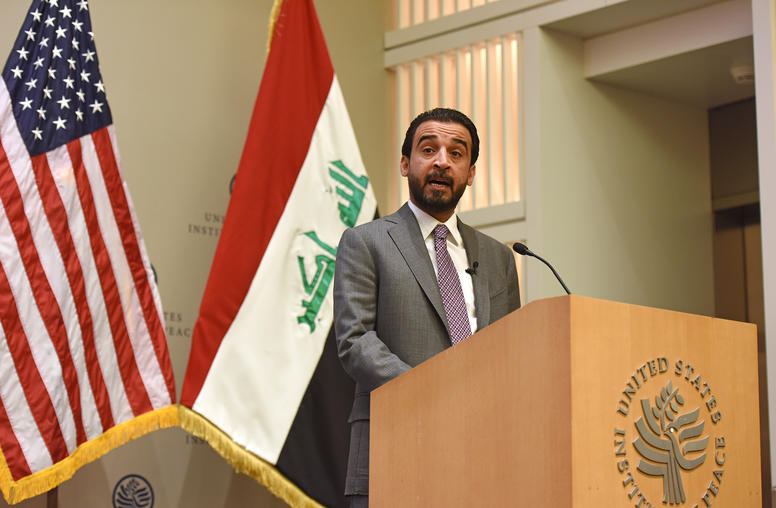
Iraq’s Leading Lawmaker Warns Aid Needed to Finish Off ISIS
Iraq is beginning to stabilize after its military victory against ISIS, but international assistance—without political meddling—remains badly needed to rebuild its economy and social fabric, the speaker of Iraq’s parliament, Mohamed al-Halbousi, said.